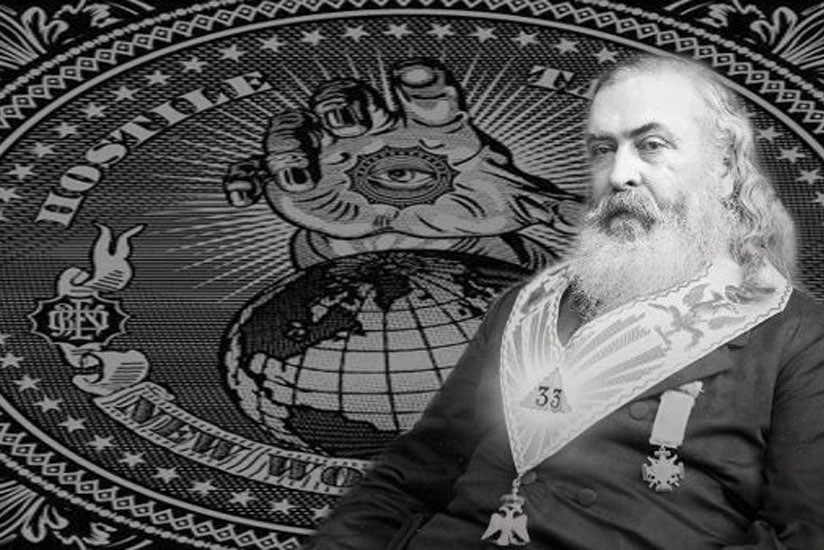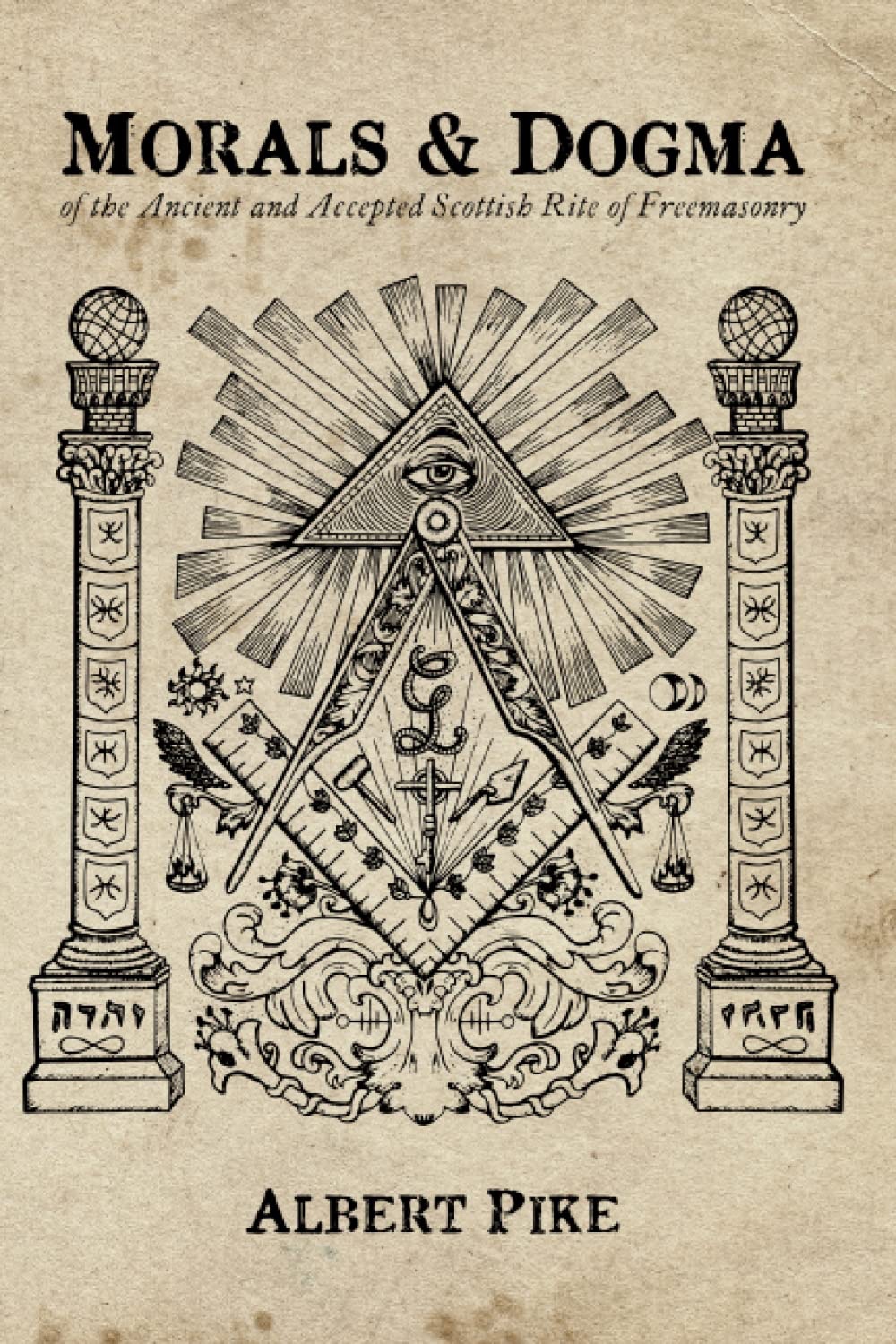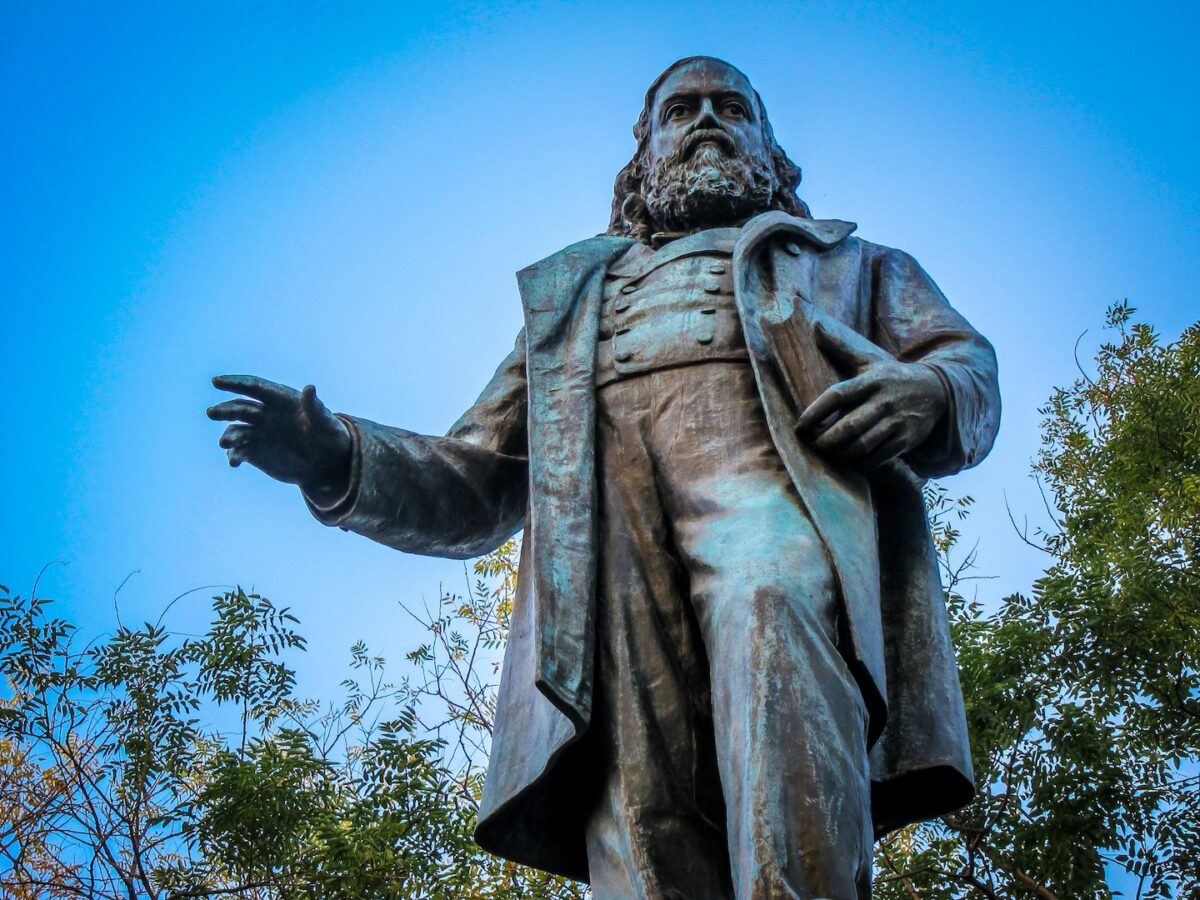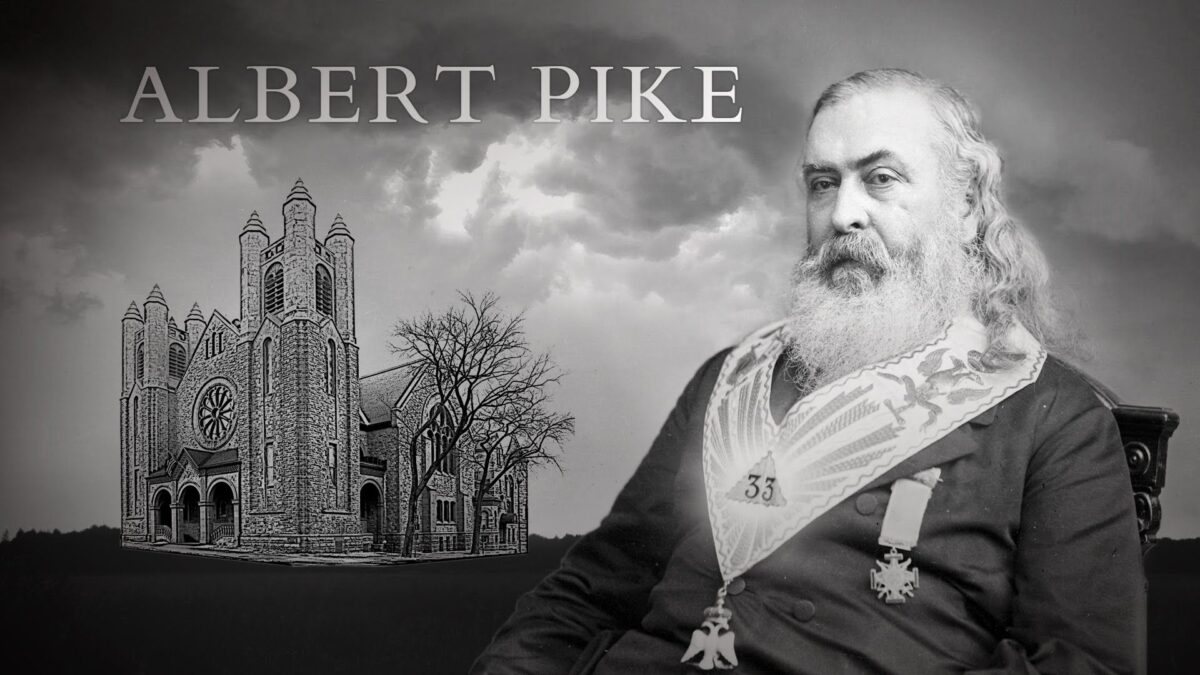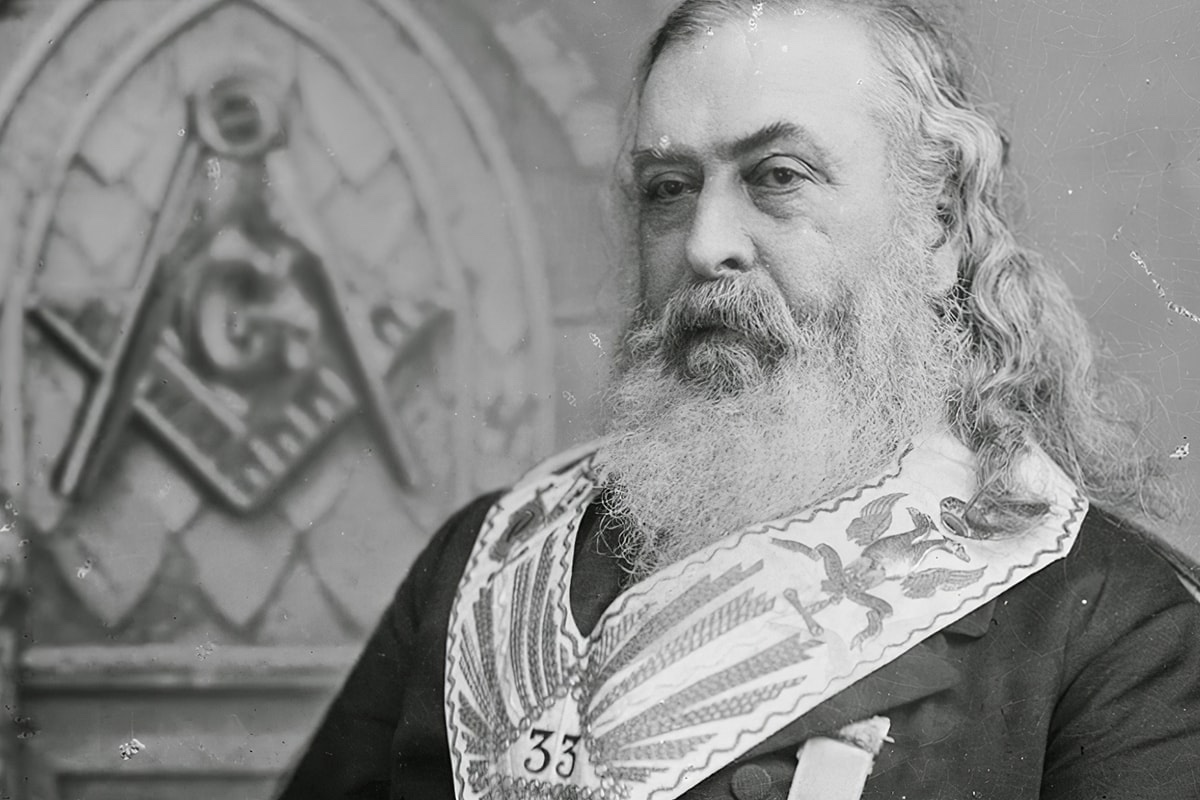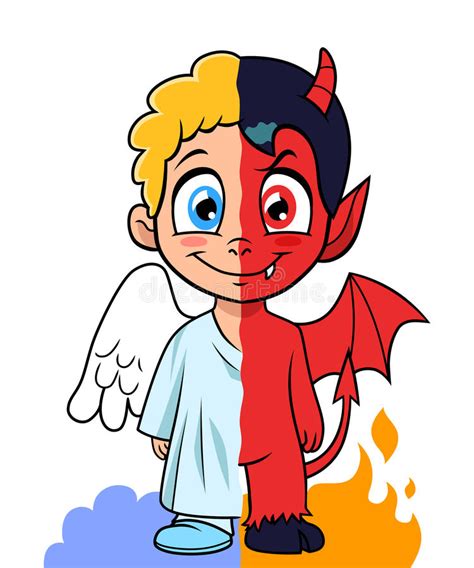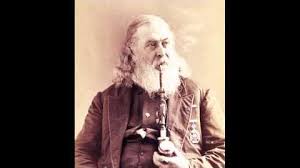“The Logos is the vehicle by which God acts on the Universe, and may be compared to the speech of man.”
Morals and Dogma (page 251)
Day: December 23, 2024
The EssENEs
“…The EssENEs were of the Eclectic Sect of Philosophers, and held PLATO in the highest esteem; they believed that true philos-ophy, the greatest and most salutary gift of God to mortals, was scattered, in various portions, through all the different Sects; and that it was, consequently, the duty of every wise man to gather it from the several quarters where it lay dispersed, and to employ it, thus reunited, in destroying the dominion of impiety and vice.”
Morals and Dogma (page 265)
Manifestations
“These personified attributes of Deity, in the theory of Basilides, were the Il ewtoyovos or First-born, Nos [Nous or Mind] : from it emanates Aoyos [Legos, or THE WorD] from it Poovnơis :
[Phronesis, Intellect]: from it Zogia [Sophia, Wisdom] : from it Aúvaus [Dunamis, Fower]: and from it Axalooúvn [Dikaiosune,
Righteousness] : to which latter the Jews gave the name of Elenn [Eirene, Peace, or Calm], the essential characteristics of Divinity, and harmonious effect of all His perfections. The whole number of successive emanations vas 365, expressed by the Gnostics, in Greek letters, by the mystic word ABPAEAS [Abraxas] ; designating God as manifested, or the aggregate of his manifestations; but not the Supreme and Secret God Himself. These three hundred and sixty-five Intelligences compose altogether the Fullness or Plenitude [I\necua] of the Divine Emanations.”
Morals and Dogma (page 271)
Reason, the Life and Motion
“God says Pythagoras, “is neither the object of sense, nor subject to passion, but invisible, only intelligible, and supremely intelligent. In His body He is like the light, and in His soul He resembles truth. He is the universal spirit that pervades and dif-fuseth itself over all nature.
Morals and Dogma (page 285)
All beings receive their life from Him.
There is but one only God, who is not, as some are apt to imagine, seated above the world, beyond the orb of the Universe; but being Himself all in all,
He sees all the beings that fill His immensity; the only Principle, the Light of Heaven, the Father of all. He produces everything; He orders aná disposes every-thing; He is the REASON, the LIFE, and the MoTION of all being.” “
Canine Answer
“In the real explanation of the thought of a dog, all metaphysics will be condensed.”
Morals and Dogma (page 293)
Reason as a Guide
“Then the shadows of a horrible doubt fall upon the soul that would fain love, trust and believe; a darkness, of which this that surrounded you was a symbol. It doubts the truth of Revelation, its own spirituality, the very existence of a beneficent God. It asks itself if it is not idle to hope for any great progress of Humanity toward perfection, and whether, when it advances in one respect, it does not retrogress in some other, by way of compensation: whether advance in civilization is not increase of self-ishness: whether freedom does not necessarily lead to license and anarchy: whether the destitution and debasement of the masses does not inevitably follow increase of population and commercial and manufacturing prosperity. It asks itself whether man is not the sport of a blind, merciless Fate: whether all philosophies are not delusions, and all religions the fantastic creations of human vanity and self-conceit; and, above all, whether, when Reason is abandoned as a guide, the faith of Buddhist and Brahmin has not the same claims to sovereignty and implicit, unreasoning credence, as any other.”
Morals and Dogma (page 299)
Never Doubt
“Thrice blessed are they who never doubt, who ruminate in patient contentment like the kine, or doze under the opiate of a blind faith; on whose souls never rests that Awful Shadow which is the absence of the Divine Light.”
Morals and Dogma
Reason and Faith
“Reason must, for these, co-operate and coincide with Faith, or they remain still in the darkness of doubt,— most miserable of all conditions of the human mind.”
Morals and Dogma page 300


